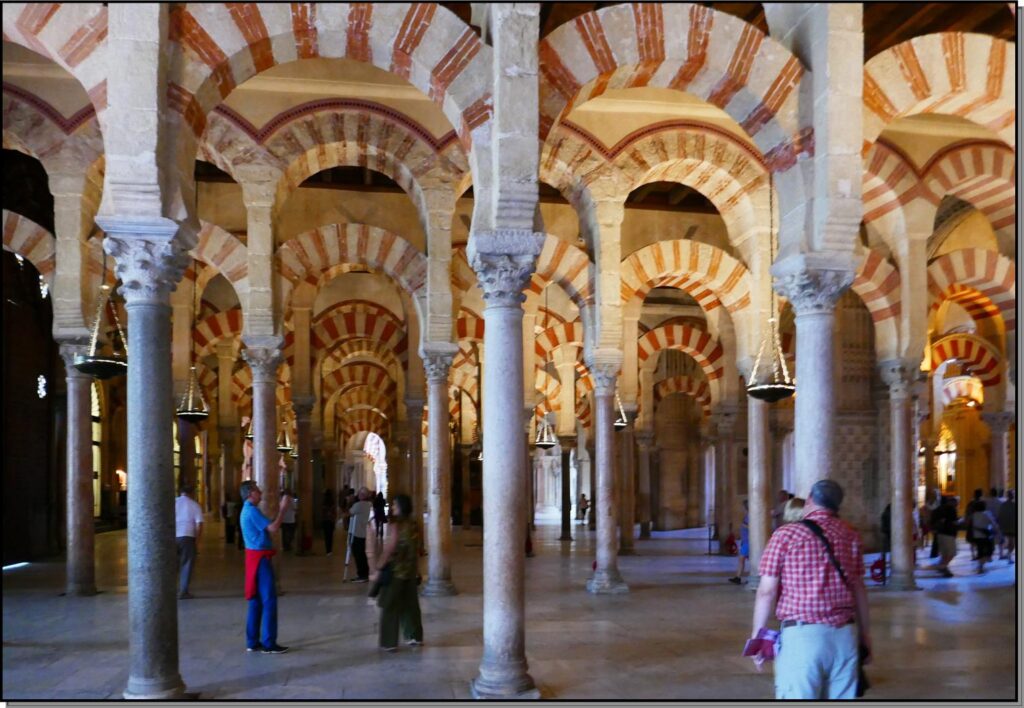By Rev’d Ed Standhaft (Originally printed in PALS Issue 18 as ‘Christian Challenges in the 21st Century’)
You may have seen some of the episodes of the recent television drama series ‘BROKEN’ which featured Sean Bean as a well-respected Roman Catholic priest in a large inner-city parish in northern England. In one episode, the priest, Father Michael Kerrigan becomes involved in the predicament of a member of his congregation, a police officer.
The policeman, PC Powell, has been a witness to a colleague, wrongly tasering a suspect who subsequently died. Father Michael supports PC Powell who initially wants to give the truthful account of what happened, but under pressure from superior officers, Powell is forced to change his account of the events, now supporting the false statement given by the officer who fired the taser. Father Michael is deeply angered by Powell’s changed account and reprimands him for not standing firm.
At Mass, PC Powell, aware he has not told the truth, and, with a guilty conscience of having let down Father Michael, comes forward to receive Holy Communion. At the end of the Mass, PC Powell says to Father Michael Kerrigan (referring to his receiving Holy Communion):
“I needed that, Father:” to which the priest replies: “I know you did: that’s why I gave it to you.” A profoundly Christian reply, yet the drama was written by an ex-Catholic, Jimmy McGovern, who retains a profound respect for the Church despite having left it.
However, there was something even more important that came to mind as I watched the series. Many of the interior shots of Mass showed very depleted congregations which reflect the state of many Catholic churches in the land, not to mention the way the series subtly depicted the pressures on clergy, both physically, in terms of the amount of work they do, and emotionally as they deal with the complex needs of parishioners under their pastoral care.

Recently I attended Mass in the great Mosque-Cathedral of Cordoba in southern Spain, one of the great ecclesiastical buildings of the world with its Islamic architecture containing within it, a late medieval/renaissance Christian cathedral. The bishop was the celebrant but it was very evident that Mass attendance (200 people) for the main service was not as high as one might expect. Reading the Cathedral magazine, it was clear that there was a major shortage of priests in the diocese.
Before becoming pope, Benedict XVI spoke of a very different Catholic church in future years: “Maybe we are facing a new and different kind of epoch in the Church’s history, where Christianity will again be characterised more by the mustard seed, where it will exist in small, seemingly insignificant groups that nonetheless live an intense struggle against evil and bring good into the world……”
Prophetically, Benedict was saying that the days of looking to large-scale institutions is coming to an end, and the church that has existed for 1200 years is dying and the signs of death are very apparent. To undergo such a radical transformation will be painful for many Christians who have ‘taken shelter’ in an institution and structures which have, hitherto, conveyed stability and immutability.
In her book ‘Forming Intentional Disciples,’ the American Catholic writer, Sherry Weddell believes that the key to the future is in evangelism, evangelising the Catholic community so that the Gospel again becomes something vital we shall delight in communicating. In an age where people distrust institutions and sadly, the church in particular, we may have to learn the message of discipleship anew.
Questions: What is the future of the church?
What part do you have to play in its future?